
From Bruce Lee to Ip Man and The Monkey King, Donnie Yen on martial arts movies and nearly 40 years of acting
- Donnie Yen had his share of failures and false starts before becoming a hit in Hong Kong in 2005’s SPL and an international star in Ip Man in 2008
- Excerpts from interviews he has had with the Post touch on his idol Bruce Lee, the film that nearly ruined his reputation and the make-up for The Monkey King
As Post interviews with Donnie Yen Ji-dan spanning 25 years attest, he was hardly an overnight success as a martial arts actor.
Having appeared in his first movie in 1984, Yen had his share of failures, disappointments and false starts before becoming a hit with Hong Kong cinema-goers in 2005 film SPL (released in the United States as Kill Zone) and an international star with Ip Man in 2008.
Yen began learning martial arts from his mother, who taught in Boston in the US where he grew up, at the age of nine.
Why the ninjas in kung fu films were nearly always the bad guys
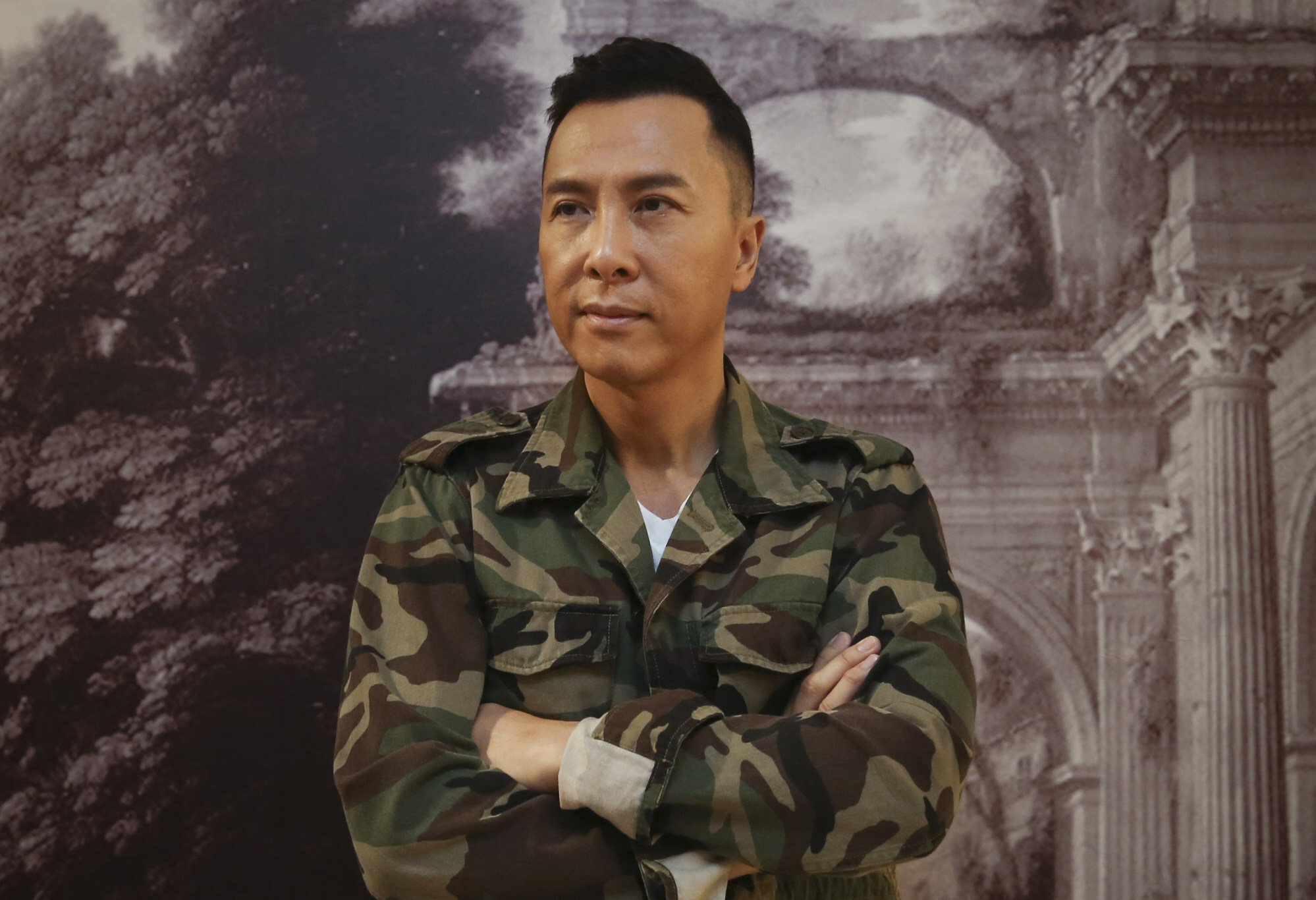
Below, we hear from Yen about various episodes in his long career.
Speaking to Corrina Tai in 1995 about Bruce Lee, Yen’s all-time idol:
“I will not let Bruce Lee down. I think he was a great kung fu fighter with unsurpassed skills. I also respect his wisdom and foresight. If his spirit is watching now, I won’t let him down.”
Talking to Clarence Tsui about learning the ropes:
“I remember when my master Yuen Woo-ping brought me to a film to watch a shoot. I asked him why everything was so slow. Why couldn’t they fight faster? Why didn’t they really smack each other? I only discovered later that it’s not really like that.
“Filmmaking deploys another language, which is very different from what we martial artists know.”
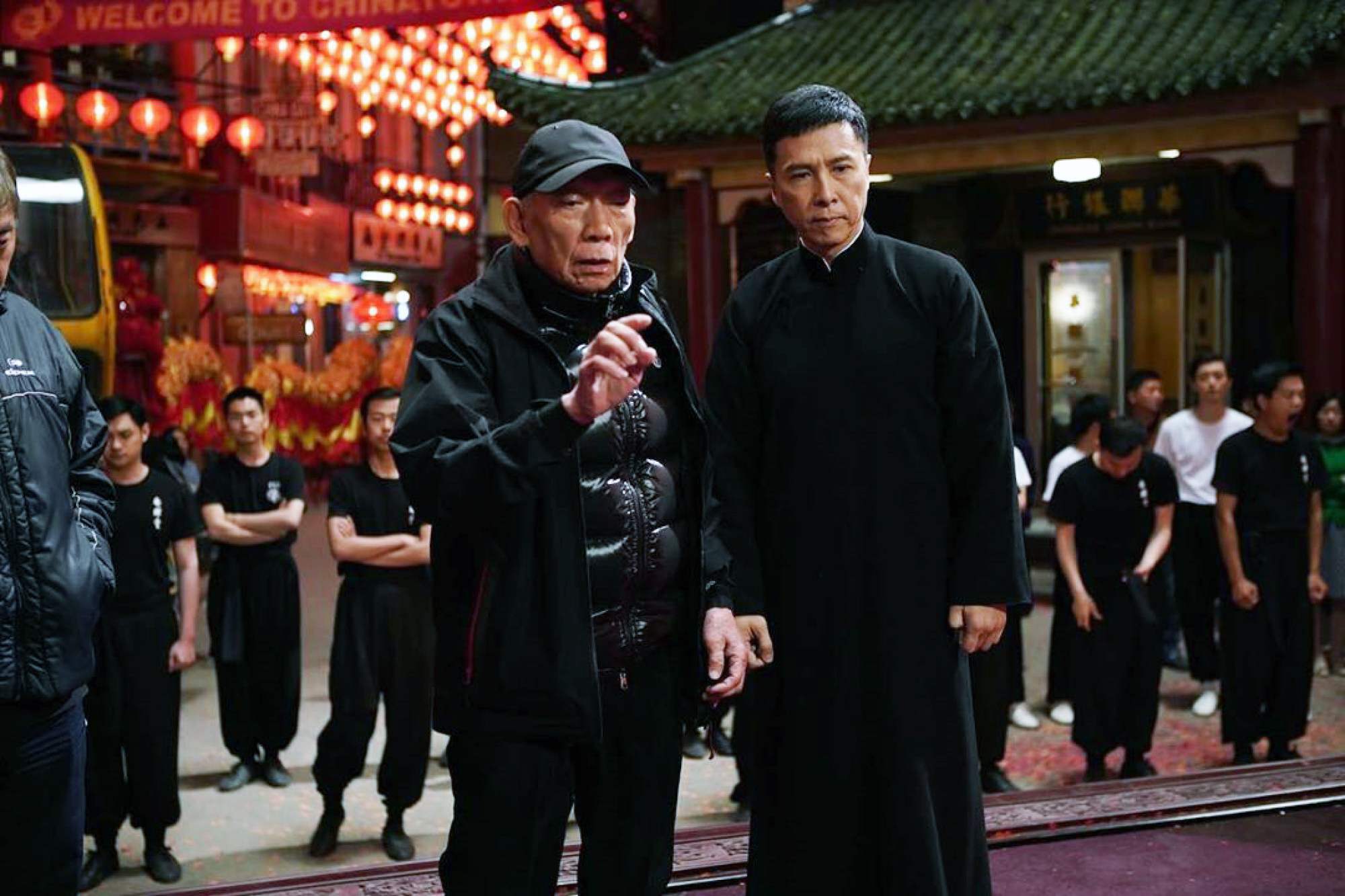
On getting a start in movies in 1984, and the failure of breakdance romance Mismatched Couples:
“I met Yuen Woo-ping, the brother of one of my mother’s students. He asked me to go to a casting call, and I was offered a contract for two movies. The first movie, Drunken Tai Chi, was well received, but the second, Mismatched Couples, was a disaster. It almost jeopardised my career in the movie world.”
Talking to Andrew Sun about 1998’s Ballistic Kiss, his second film as director:
“Ballistic Kiss is not really an action film, it’s my way to show the audience I can be stylised if I want to. There are a lot of concepts and ideas that I want to bring to the screen.
“My movies are commercial, and business has to come first. But a good movie can be commercial too. I watch all kinds of films – Japanese, European, a lot of different dramas. I cry when I watch an emotional film.”
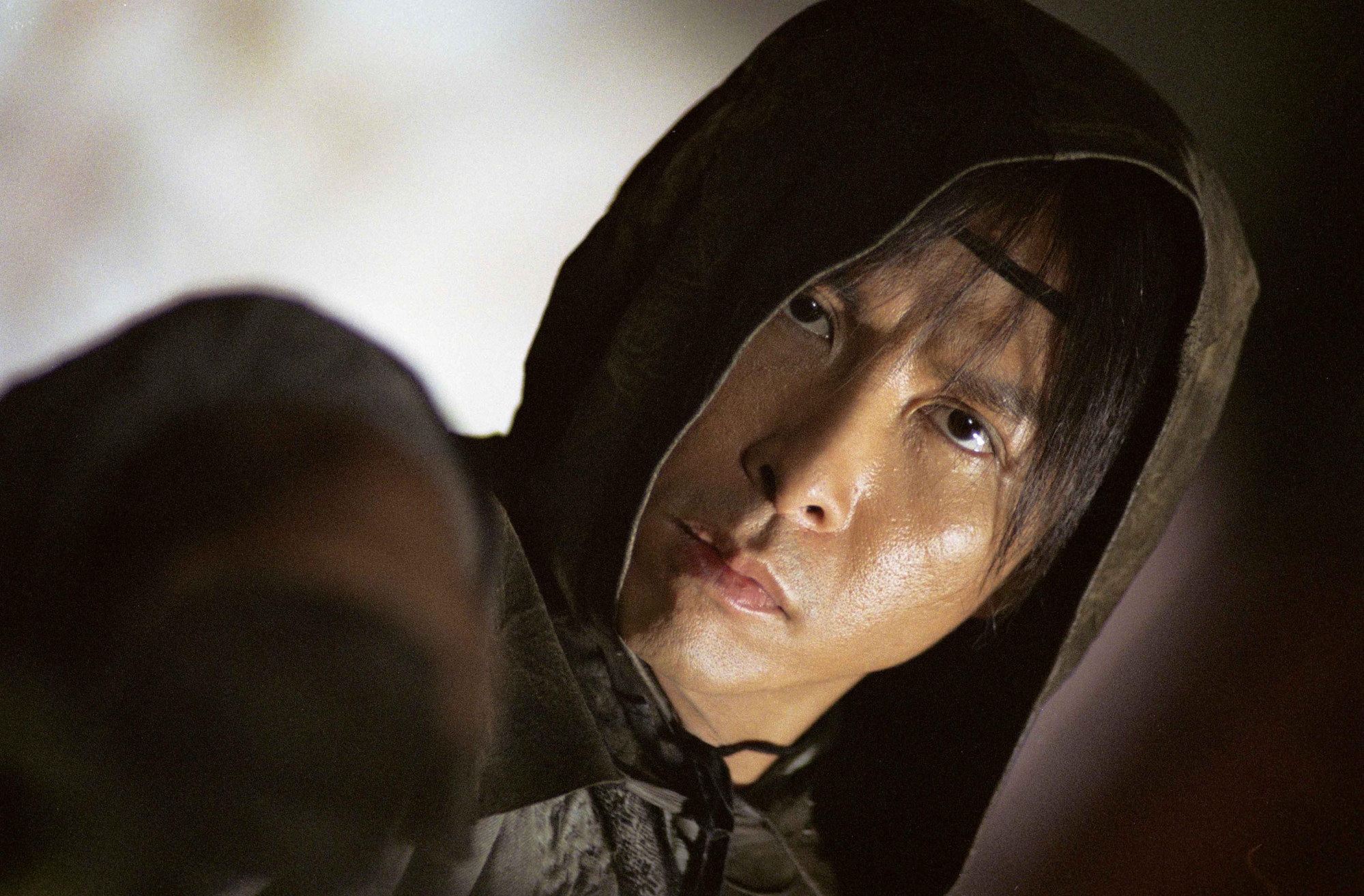
On his role in Tsui Hark’s Seven Swords, choreographed by Lau Kar-leung, in 2005:
“My character has a very sensual side to him. The message is, no matter how good your kung fu is, and how good a fighter you are, you are still a flesh and blood person.”
On the success of Ip Man:
“[Ip Man] gave Donnie Yen a place in Hong Kong cinema. Every successful actor can boast of one role he’s best remembered for, and people now relate Ip Man to me, so I guess I didn’t do too bad a job. It allowed audiences to understand my potential, and that stood me in great stead for broadening my roles.
“I could have done 10 films like Ip Man after that, but I didn’t. I’ve tried to be selective, looking for roles that would subvert the audience’s opinion of me.”
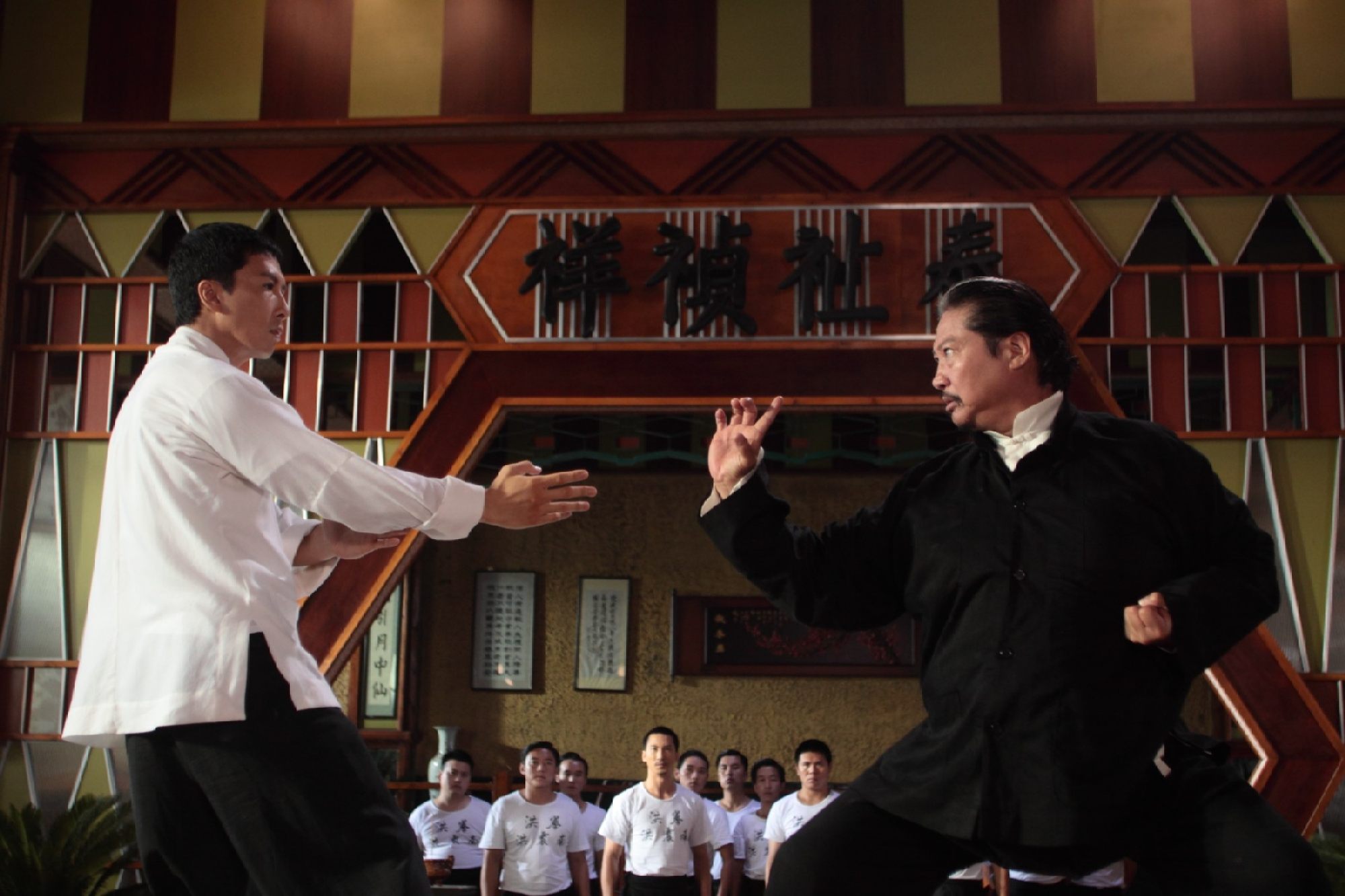
Talking to John Carney in 2013 about the family values of Ip Man:
“Chinese culture is very family oriented, and the character in Ip Man has all the best virtues of a family man. Family values matter, and I think it is one of the main reasons why the film was so successful. It’s the same as in life. It’s very, very important.”
On wearing heavy make-up for The Monkey King in 2014:
“The make-up was so delicate and complicated. It wasn’t just one [latex piece] like those Halloween masks you can buy. It took specialists – often four people – five hours a day to glue it onto my face, piece by piece. Sometimes I would have to wear coloured contact lenses, and then there’s the monkey’s teeth, which caused problems with eating and drinking. I had to drink through a straw.”
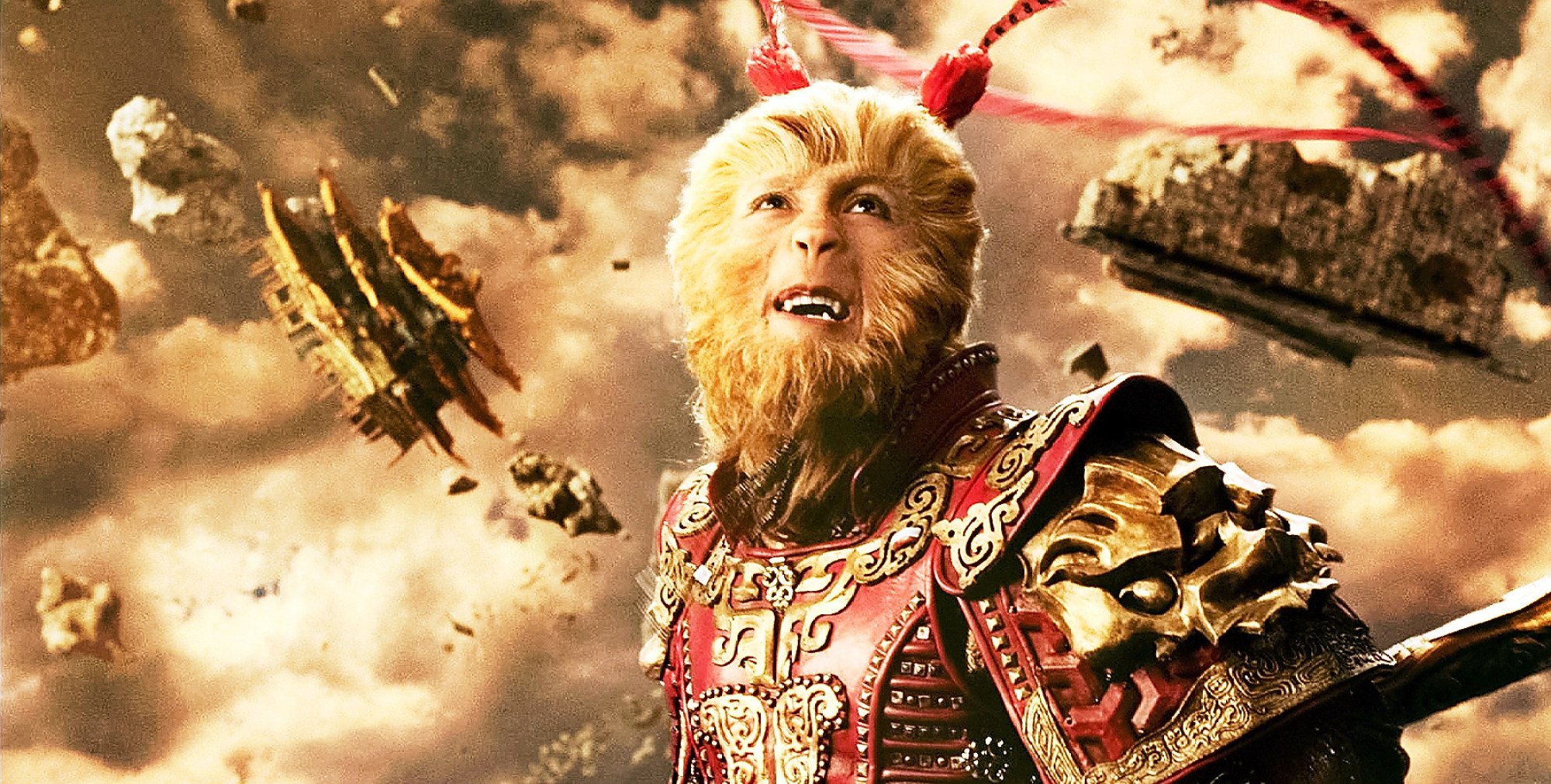
Talking to Edmund Lee about the movies he likes to make:
“Fighting is definitely my strongest suit. I’ve been making action films for over 30 years. I’ve made many films with different backgrounds in a vast diversity of action styles, but, at the end of the day, contemporary action movies are still my favourite.”
On playing real-life criminal Crippled Ho in Chasing the Dragon:
“I have my own vision when it comes to picking characters. I hope to bring positive energy. I’m a family man. Ip Man is a good example. I don’t mind playing antagonists – I did that in New Dragon Gate Inn and Once Upon a Time in China II – but those are period films. In martial arts films, you can fly around and subvert [natural order].
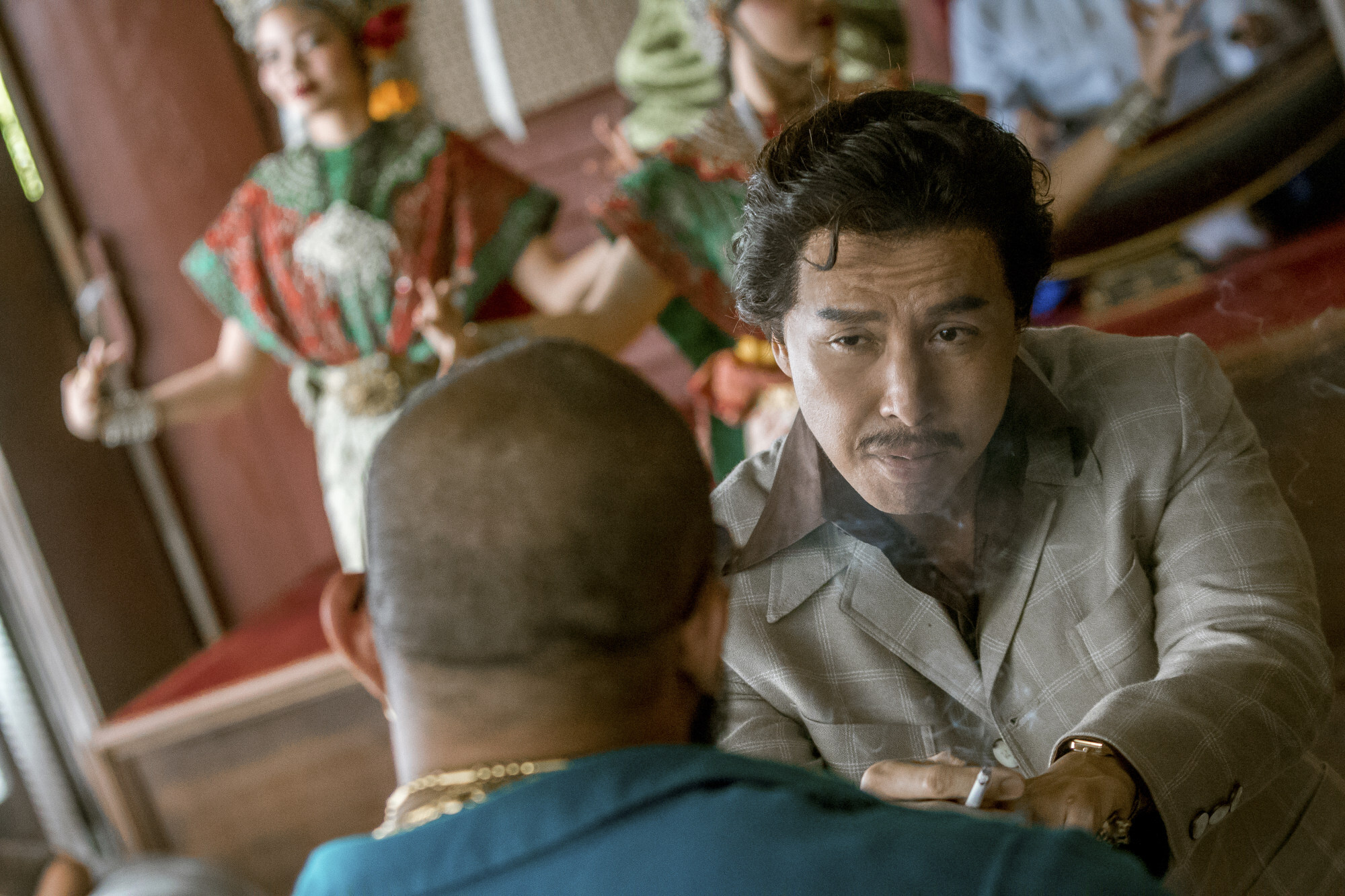
“I thought for a long time and finally decided that, as an actor, if you don’t have a strong passion [for acting], you wouldn’t have lasted long in this business. … You should keep striving to evolve.”
